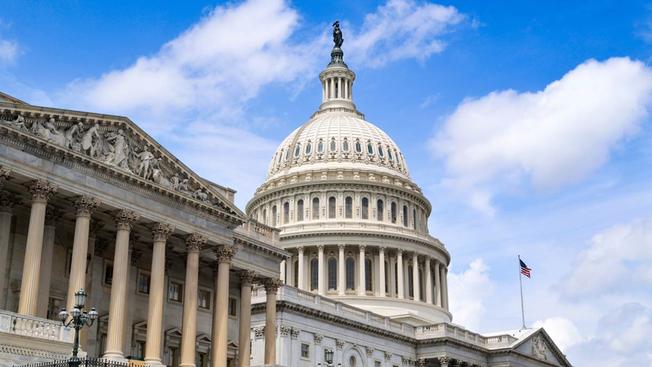There has been a lot of speculation about the future of the H1B visa program, and how it might be changed in response to the outcry over low wage foreign workers replacing US workers. Now, the first real legislative action is underway to change the program.
The Protect and Grow American Jobs Act (H.R. 170) passed its first hurdle to become a new H1B visa law, gaining approval by the House Judiciary Committee. Next, it must be voted upon by both the House of Representatives and Senate, but it is poised to become the first new H1B visa law since President Trump took office one year ago.
The Bill’s Target: Outsourcing Companies
H.R. 170 has the express purpose of preventing foreign workers with H1B visas from replacing US citizens in the same positions. Senator Issa, the sponsor of the bill stated:
“We have a responsibility to ensure this important program isn’t being abused by those misusing it to outsource jobs and undercut American workers. Unfortunately, the loopholes left open in H-1B have allowed a small handful of companies to game the system and crowd out employers who need the limited slots available to bring in the best and brightest individuals from around the world.”
His use of the words “misusing it to outsource jobs” does seem to specifically target the Indian IT companies that routinely contract foreign workers to other businesses.
What Would the New Law Change?
There are a few specific changes that would occur if H.$. 170 were to become law:
- H1B dependent companies (with more than 15% of their work force holding H1Bs) can no longer replace an existing American worker with a foreign worker on an H1B visa, with no exceptions.
- The ‘no-layoff’ policy of the US worker, would apply for as long as the H1B visa worker is employed, preventing any replacement within the position. (The current law allows the US worker to be laid off 90 days after the H1B petition is filed, but most petitions take longer than that for approval, meaning this offers no protection)
- The minimum wage for a position to be exempted from first recruiting and American worker is raised to either $135,000, or the average prevailing wage for the occupation, but a minimum of $90,000 per year. (The current law sets the minimum wage at $60,000)
- Provides a new level of enforcement authority to the Department of Labor to ensure that there are no abuses of the wage level requirements.
Who Will be Affected in H.R. 170 is Passed as a New Law
It is apparent the law will affect the Indian IT outsourcing companies and their workers directly. It raises the minimum amount to be paid by 30%, which will certainly affect the business model and profit margins of those companies. In addition, it will further restrict the entry of low wage IT foreign workers who are employed by those companies.
This law would also pertain to any H1B visa workers who are attempting to extend their visa beyond the initial three years. The reason is that extensions are now treated just like new petitions, so the wage levels and restrictions of H.R. 170 would likely apply.
The bottom line is that this new law would be one more step to barring outsourcing companies from securing H1B visas, for the purpose of contracting lower wage workers. If passed, it could change the dynamic and participation in next year’s lottery.
- December 22nd, 2017
- 3

MADARCHOD get a real job instead for starting thewse stupid sites
How can I apply from Pakistan for h1b visa